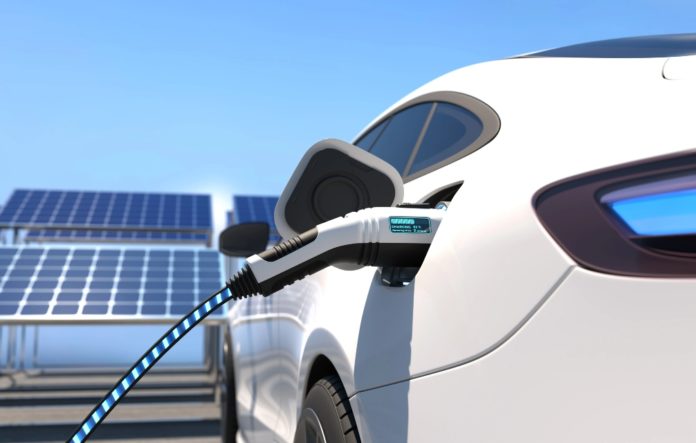At the 2023 New York Auto Show, EV owners talked to many car enthusiasts who had a lot of questions about electric vehicles. They were eager to learn about costs, charging, environmental benefits, and more. Here, we’ll provide answers to some of the most frequently asked questions about electric cars in simple language.
How far can an electric car drive on one charge?
Modern EVs can travel anywhere from 100 to over 400 miles on a single charge, depending on the make and model. Some 2023 models offer over 480 Km on a single charge, with a few going beyond 720 Km. Even affordable EVs can cover more than 400 Km on one charge. Keep in mind that these ranges are estimates and can vary depending on driving conditions.
How much does the cost of charging an electric car compare to the cost of gas?
Charging an EV is generally cheaper than fueling a gas car. Electricity is more cost-effective, even in areas with high electricity prices. Many utilities offer lower rates for EV charging during non-peak hours, saving you even more money.
What’s the difference between a regular hybrid and a plug-in hybrid?
Regular hybrids combine both electric and gas power seamlessly, with no need to plug in. They capture energy during braking to reduce gas usage. Plug-in hybrids, on the other hand, have larger batteries and can travel longer distances on electricity alone (typically 14-80 Km) by plugging into an outlet. This means they use less gas for local trips.
How can I find public charging stations for electric vehicles?
Phone apps like PlugShare, Google Maps, Apple Maps, ChargeHub, and others are handy for locating charging stations. These apps provide information on charger locations and types. Charging access is improving, with plans to install thousands of new chargers, especially in underserved communities, thanks to federal funding.
How long does it take to charge an electric car?
Charging time depends on the charger type. Level 1 chargers, like a regular wall outlet, offer 3 to 8 Km of range per hour. Level 2 chargers provide about 35Km of range per hour and are commonly found in public charging stations. Level 3 (superchargers) can charge an EV to 80% in about an hour and are available from various providers.
Are electric vehicle batteries recyclable?
Yes, EV batteries are recyclable. Up to 95% of an EV battery can be recycled, and some spent batteries can still store electricity generated by solar panels. While recycling EV batteries can be more challenging than aluminum cans, many companies are investing in battery recycling plants, creating jobs and reducing environmental impact.
Can EV also damage the environment?
The increasing popularity of electric vehicles (EVs), particularly larger models like SUVs, has raised concerns about their environmental impact. Here are some reasons why EVs, especially the larger ones, can potentially harm the environment:
- Larger and Heavier EVs Demand Bigger Batteries: As the market share of larger and heavier electric vehicles, particularly SUVs, continues to grow, these vehicles require more substantial and energy-dense batteries to power them. Larger batteries mean more raw materials, such as cobalt, lithium, and nickel, which need to be extracted from the environment.
- Extraction of Raw Materials: The extraction of raw materials for battery production can have a significant environmental impact. It can lead to habitat destruction, increased water consumption, mining waste, and threats to local biodiversity. For example, lithium mining in areas like the Salar de Atacama in Chile has disrupted local ecosystems and affected flamingo breeding sites.
- Battery Production Emissions: The production of larger batteries is a carbon-intensive process, resulting in higher emissions from materials processing and manufacturing. In some cases, the CO₂ emissions for manufacturing electric SUV batteries can be up to 70% higher compared to smaller EVs.
Electric cars are changing the automotive landscape, and as technology advances, they become more accessible, eco-friendly, and affordable, making them a smart choice for many car lovers. However as new studies emerge, we see some potential drawbacks of using Electiv Vehicles as well.





































